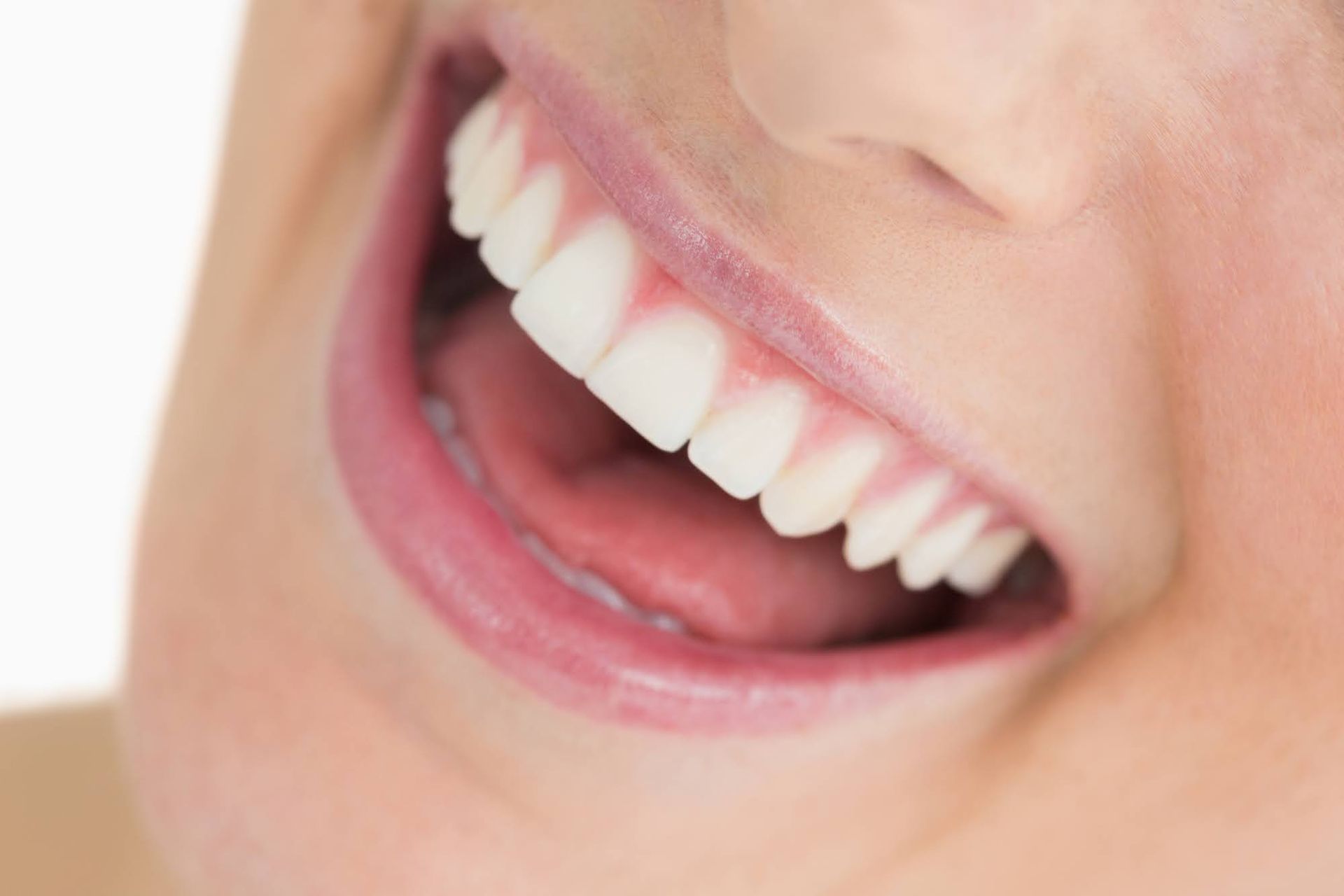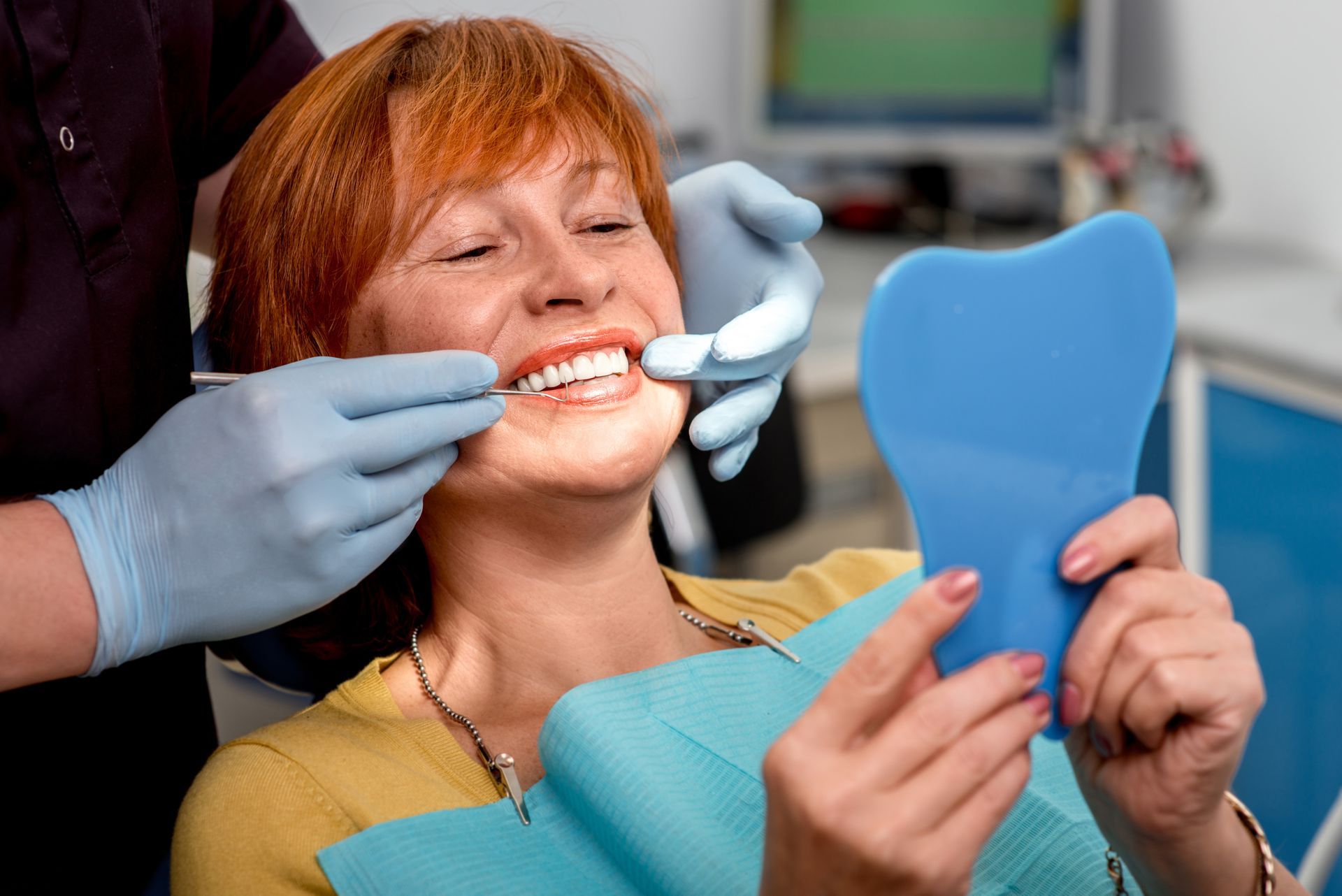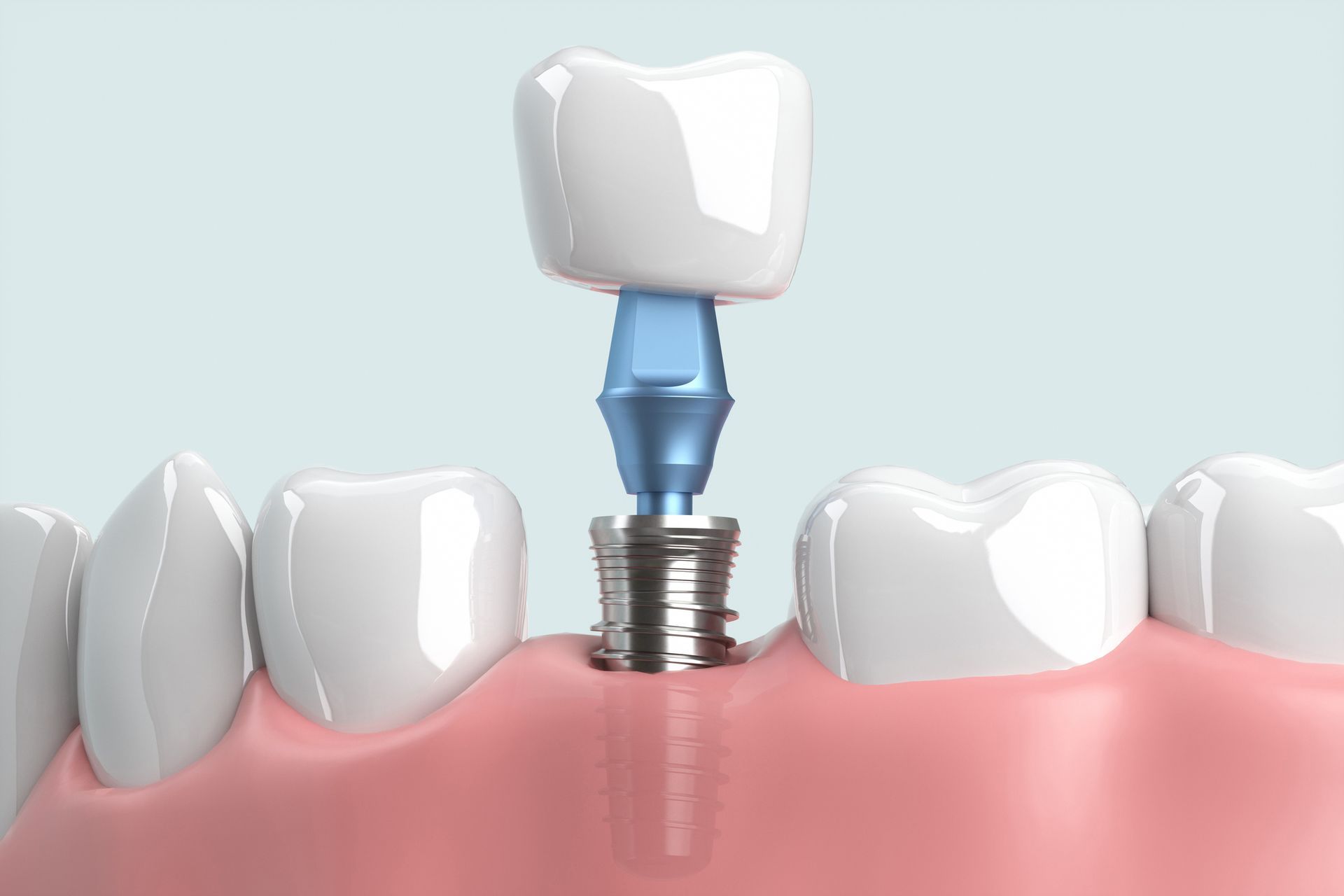Frequently Asked Questions On Plaque
- By Admin
- •
- 08 Sep, 2023

In the intricate ecosystem of oral health, few adversaries are as persistent and potentially damaging as dental plaque. This seemingly harmless film of bacteria can quickly evolve into a significant threat, causing issues that extend beyond your teeth and gums. As an essential component of daily oral hygiene, understanding the ins and outs of plaque is pivotal for maintaining a vibrant smile and overall well-being.
Let's embark on a journey through the frequently asked questions surrounding dental plaque, delving into its origins, implications, and effective preventive measures.
What Is Plaque?
Plaque is a microscopic coating of bacteria that forms on teeth and gives them a fuzzy texture when brushed against the tongue. A sticky polymer covering called a biofilm surrounds and holds together living bacteria to form plaque. Plaque forms on everyone's teeth and, if neglected, can cause serious oral health problems like gum disease and tooth damage.
What Causes Plaque?
Plaque forms on both the visible and hidden parts of the teeth, gums, and tongue. It is caused by a combination of bacteria, acids, and carbohydrates in food and drinks. Your mouth is full of bacteria that feed on the sugary and starchy foods we eat, like milk, juice, soft drinks, bread, pasta, and fruit.
When these bacteria come in contact with the sugars and starches, they release acids that break down these carbohydrates. Plaque develops when germs, acids, and carbohydrates from food and drink sit on teeth for too long before you remove it by brushing.
How Can You Know If You Have Plaque?
The most common symptom of plaque buildup is a fuzzy feeling on the teeth. This is due to the bacteria and food particles that are trapped between the various surface layers of the teeth. Plaque can also lead to bad breath, or halitosis, that doesn't go away easily. Swollen and tender gums that bleed when brushing are also signs of an excessive amount of plaque buildup.
What Are the Effects of Excessive Plaque Buildup?
If not adequately cleaned, plaque can solidify into tartar, which causes damage to teeth and gums. Plaque contains bacteria that, when allowed to multiply, produce acids that eat away at tooth enamel and aggravate gum tissue. Without regular plaque removal from brushing and flossing, tartar can form in the crevices between teeth and gums.
When plaque and tartar accumulate on teeth, it becomes more challenging to clean them of harmful bacteria and debris. Gingivitis, also known as red, swollen, and sore gums, is the result of a buildup of plaque and tartar on teeth.
Gingivitis can develop into periodontal disease if not managed. Periodontal disease is an infection that attacks the gums, bone, and other tissues that keep teeth in place. Periodontal disease, when allowed to progress, can lead to tooth abscesses, gum recession, and even tooth movement or loss.
Bacteria from infected gums can also travel via the bloodstream and harm vital organs. Thus, gum disease is also linked to an increased risk of cardiovascular disease, diabetes, rheumatoid arthritis (RA), and even premature delivery.
How Can You Prevent Plaque Buildup?
You can avoid plaque and its associated difficulties by maintaining regular, thorough oral hygiene routines. That includes using a soft-bristled toothbrush and fluoridated toothpaste to brush twice daily, as well as daily flossing to eliminate food debris and bacteria.
Consume nutritious meals like plain dairy products, yogurt, raw veggies, and fruit, and minimize sugary and starchy food and beverages. When you can't clean your teeth after consuming a meal you should chew glucose-free gum and use a probiotic or herbal mouthwash.
Regular dental examinations and cleanings twice a year are the most efficient means to prevent plaque development. Regular professional dental cleanings can help remove plaque and tartar and prevent future buildup. Regular dental checkups also allow the dentist to see problems with the teeth and gums before they worsen.
Contact us at Bradley Piotrowski, DDS, MSD, LLC for periodontal services should you fall victim to plaque accumulation. We serve residents located in Naples, Bonita Springs, and Estero, FL.













